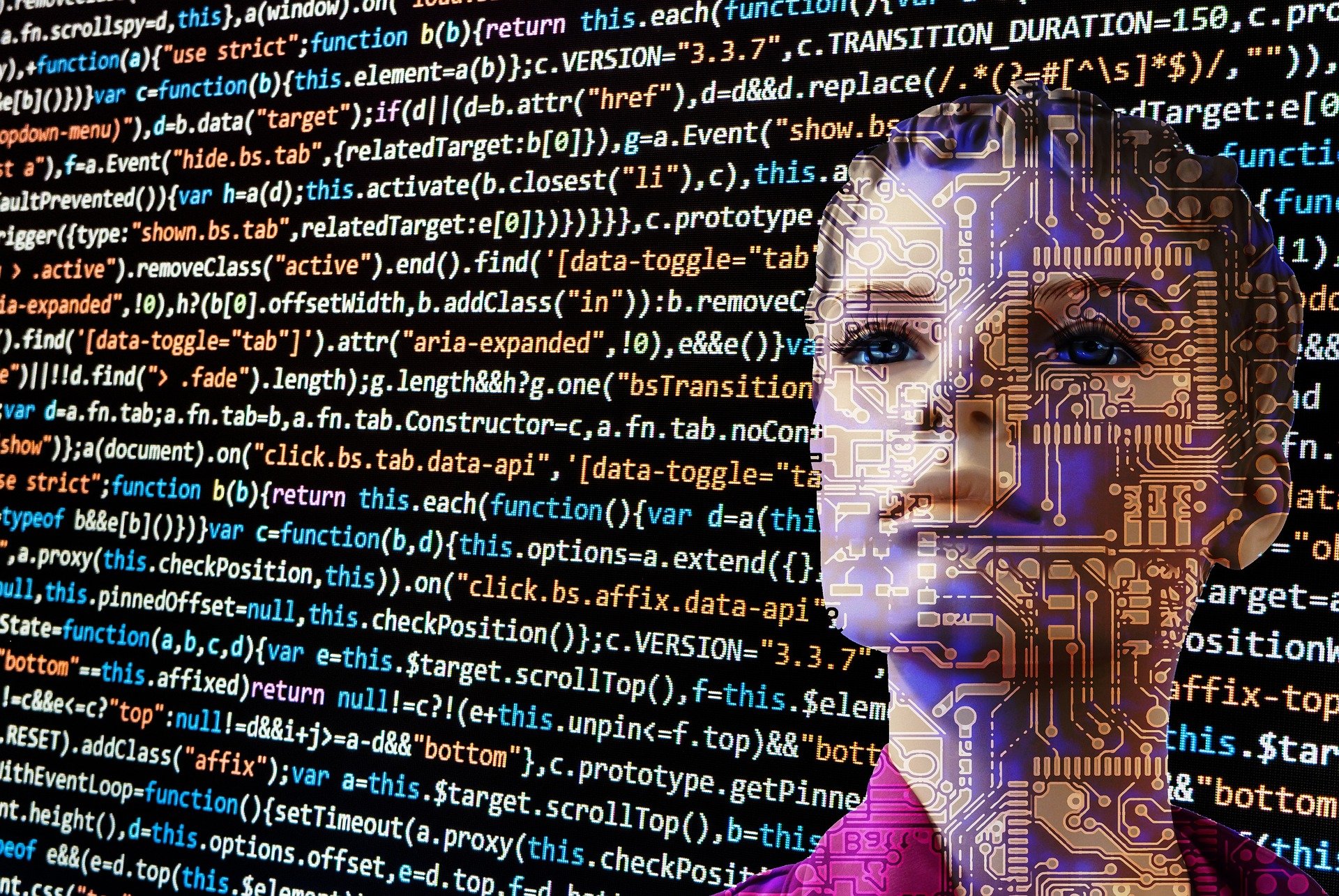The Impact of Technology on the Healthcare Industry
The healthcare industry is one of the most important and complex industries in the world. It is constantly evolving, as new technologies are developed and implemented. In order to stay competitive, healthcare providers must embrace these new technologies and use them to improve patient care. There are many different types of technology that can be used in the healthcare industry, from electronic health records (EHRs) to mobile apps. In this blog post, we will discuss the impact of technology on the healthcare industry and how it is changing the way providers operate.
Increase in Data Access and Sharing
Cloud-based systems, such as EHRs, have made it easier for healthcare providers to access patient data from any location. This allows for more efficient communication between providers and keeps everyone involved up-to-date on the latest information. In addition, these systems also make it easier for providers to share data with other organizations, such as insurance companies or research institutions. This increases collaboration and helps improve overall care delivery.
Improved Patient Outcomes
Technology is being used to improve patient outcomes by providing better treatment options and reducing medical errors. Smartphones allow doctors to quickly access a patient’s medical history and provide faster diagnoses thanks to AI-powered diagnostic tools that are now available. Wearable devices can also be used to track vital signs and provide real-time feedback on a patient’s health. All of these developments are leading to better outcomes for patients, as they are receiving more timely and accurate care.
Improved Efficiency
The healthcare industry is becoming increasingly automated through the use of technology. Automating tedious tasks allows providers to spend more time with their patients and focus their energy on providing quality care. For example, telemedicine technology enables doctors to perform virtual visits which increase convenience for both patients and providers, while machine learning algorithms can help identify potential risks or diseases before they become serious health issues. These improvements in efficiency reduce costs and improve overall care delivery.
Cost Reduction
Technology can reduce costs for healthcare providers by streamlining processes and eliminating manual labor. Automated systems can reduce paperwork, which cuts down on staffing needs and saves time. Electronic health records provide better data tracking capabilities and allow for more efficient communication between providers, making billing and payments much faster. Additionally, telemedicine technology reduces the need for travel or office visits, leading to further cost savings. Metrology tools, such as 3D printing, can also be used to create medical devices and prosthetics at a much lower cost than traditional methods. And Metrology parts are used in many medical fields for precision and accuracy.
In conclusion, technology is having a major impact on the healthcare industry. It is improving patient outcomes by providing timely diagnoses and treatments, as well as increasing efficiency and reducing costs for healthcare providers. As new technologies are developed and implemented in the future, we will continue to see these improvements in care delivery across the board. Ultimately, technology is giving healthcare providers the tools they need to provide better patient care in a more cost-effective way.











